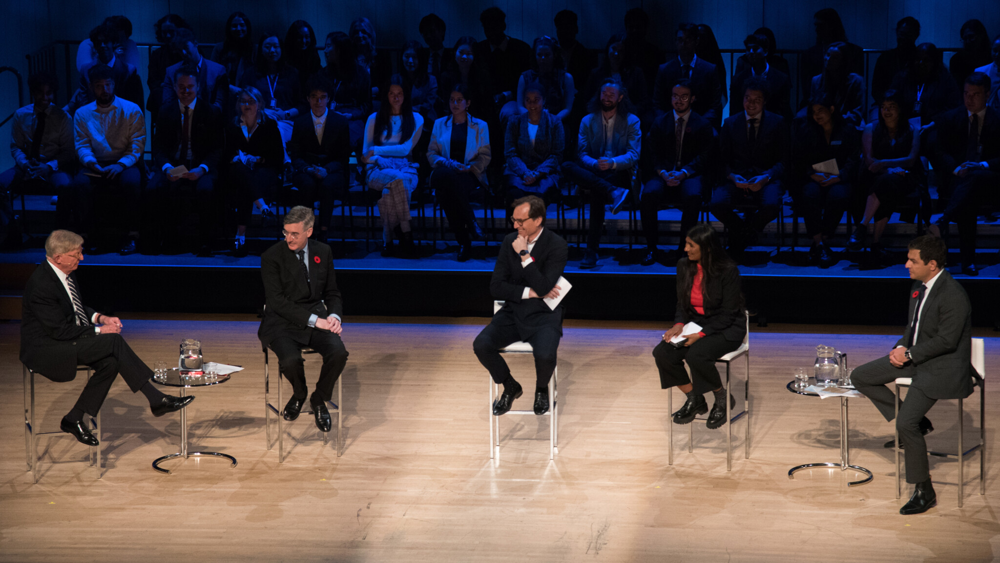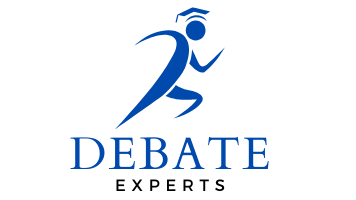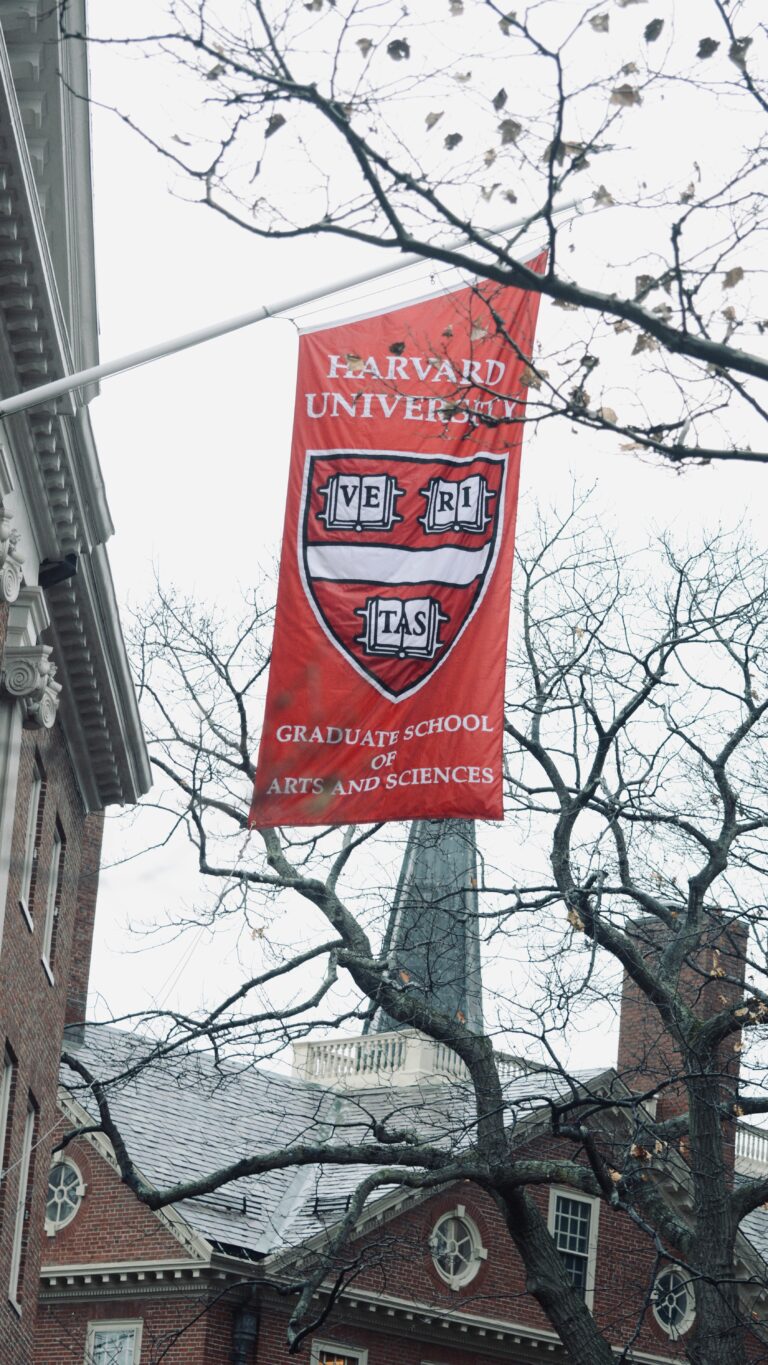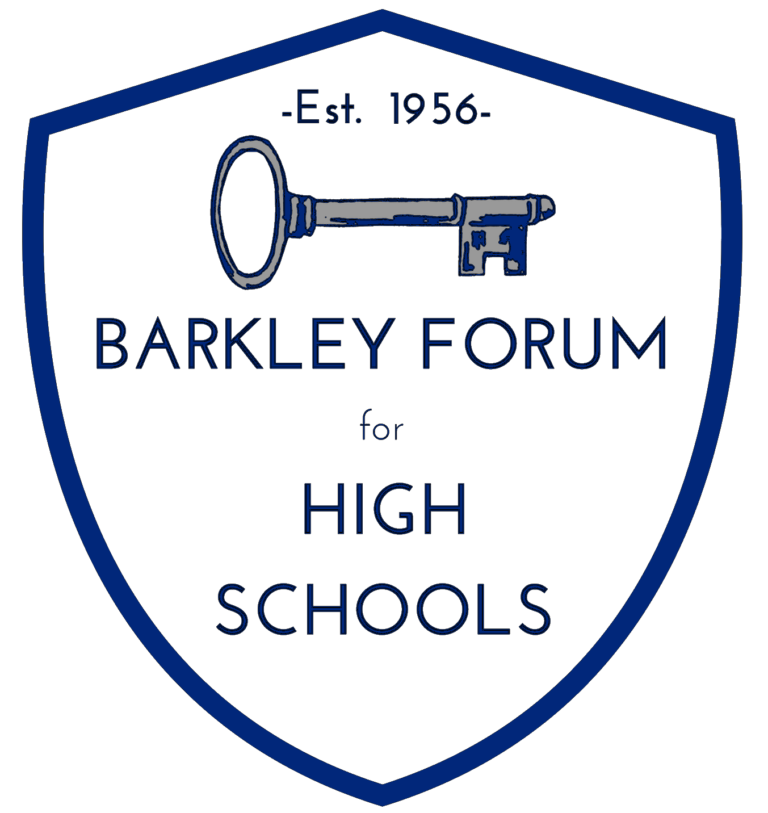Two Thrilling Debate Showdowns in the U.S. and Canada
Underdogs Triumph in U.S. University Debate Final on Climate Policy
A historic victory has been recorded in American collegiate debate. Binghamton University made history on April 8, 2025, by winning the 79th National Debate Tournament (NDT) – the most prestigious college debate championship in the United States. In a nail-biting final decided on a 3–2 judges’ split, Binghamton edged out the University of Kansas to claim the national title. It marks the first time ever that a New York–based university has taken home the NDT trophy, a breakthrough that comes on the heels of Binghamton’s 2024 victory at the CEDA national debate competition.
Binghamton University’s debate team celebrates after winning the National Debate Tournament. Binghamton’s duo of Eli Turner-Louis and Jeremiah Cohn entered the tournament as underdogs from a public university, yet managed to outmaneuver their opponents with an unconventional strategy. The championship debate itself centered on a timely topic: how to decarbonize the United States through market-based instruments.
In the final round, the Kansas team (as the affirmative side) proposed a novel “luxury tax” on carbon – sparing basic necessities like heating but heavily taxing luxury emissions such as private jet travel. Binghamton’s team, arguing on the negative side, pivoted away from a purely technical refutation.
Debater Eli Turner-Louis employed a personal, narrative-driven approach, even urging the judges to “vote for Binghamton — as a luxury tax on Kansas” – a bold metaphor highlighting the resource disparity between the well-funded Kansas squad and the scrappier Binghamton contingent. This provocative twist reframed the debate’s focus and drew the judges’ attention to issues of fairness and perspective beyond just climate policy details.

Turner-Louis’s performance in the final exemplified a broader shift in debate tactics. “A big part of my strategies are not evidentiary in a traditional sense at all, but more personal narrative,” she explained, describing how sharing real experiences can “break the form a little bit” of formal debate. By incorporating her own story and calling out the opposing team’s detachment, she undercut the affirmative case’s purely data-driven stance.
The Kansas debaters, caught in a more conventional argument about carbon emissions, struggled to counter the pathos and real-world grounding that Binghamton brought to the floor. According to Binghamton’s coach, Joe Schatz, the team’s success came from this willingness to challenge the usual formula. “When we approach teams that rely on the objective data and science and call them out with ‘Why is this important for you to research?’ … it’s clear they haven’t thought about how [their] debate is going to help do anything real,” Schatz said, noting that many competitors simply research the given policy topic without personal investment.
Binghamton’s win suggests that blending policy analysis with lived experience can be a winning formula in collegiate debate.
The triumph was met with elation on campus and accolades from the debate community. “This win proves that just because some students don’t qualify for a scholarship or transfer in later in their debate careers doesn’t mean that they don’t have what it takes to become national champions,” coach Schatz remarked after the final, emphasizing the team’s hard work and resilience.
The victory not only raises Binghamton’s profile in the debate circuit but also signals a changing tide in how university debates are won – with argumentation that appeals as much to hearts and values as to facts and logic. Binghamton University’s underdog champions have shown that in the highest levels of college debate, innovation and passion can carry the day, even on complex topics like climate policy.
Ideologies Clash at Canadian Professional Debate, Swaying a Packed Hall
An electric atmosphere filled Toronto’s Roy Thomson Hall on November 3, 2023, as four public intellectuals from the UK and USA sparred over a foundational question: Has liberalism gotten the “big questions” right, or is it a philosophy in crisis?. This high-profile event was part of the semi-annual Munk Debates series, which regularly draws sold-out crowds eager to see heavyweight thinkers debate pressing issues. Before an audience of over 2,000 attendees, two teams – one defending the liberal democratic order, the other attacking it – delivered a lively, no-holds-barred exchange that touched on everything from economic inequality and cultural change to free markets and social stability. The motion on the floor, “Be it resolved, liberalism gets the big questions right,” set the stage for an ideological showdown spanning centuries of political thought and modern anxieties about the future.
Debaters exchange views on stage during the Munk Debate in Toronto. On the pro-liberalism side, defending the motion, stood an unlikely pair of conservatives: Jacob Rees-Mogg, a controversial British Member of Parliament, and George F. Will, a venerable American columnist known for his eloquent championing of classical liberal values. Opposing them were two prominent critics of the liberal order from opposite ends of the political spectrum – Ash Sarkar, a British journalist and self-avowed communist, and Sohrab Ahmari, an American author and outspoken social conservative.
This diverse lineup of debaters – a Tory politician and a free-market pundit versus a left-wing firebrand and a post-liberal Catholic thinker – underscored the breadth of the challenge facing liberalism today. Despite their differing ideologies, Sarkar and Ahmari found common ground in arguing that the status quo of Western liberal democracy has failed to deliver for many, while Rees-Mogg and Will united to defend the system that they believe underpins modern prosperity and freedom.
From the opening statements, the debate crackled with energy and pointed argumentation. The pro-motion team extolled the achievements of liberalism.
Rees-Mogg contended that individual liberties and open markets have been the engines of progress, flatly declaring, “There is no prosperity without classical liberalism.” His teammate George Will added a historical perspective, noting that classical liberalism was born as a force against entrenched hierarchies and oppressive institutionsmunkdebates.com. Together, they painted liberal democracy as a system that, while imperfect, self-corrects and promotes human flourishing through personal rights, the rule of law, and economic opportunity.
The counterarguments from the anti-liberal side were passionate and biting. Ash Sarkar attacked liberalism for its shortcomings, arguing that its “fatal flaw is [that] what purports to be its greatest strength – that property rights, and the right to accumulate, takes priority over all other human freedoms”.
In her view, decades of liberal policies had led to rampant inequality and neglected communities. Sohrab Ahmari, coming from a socially conservative angle, criticized liberalism’s aggressive universalism, contending that the liberal order tolerates no alternatives. Liberalism, he warned, “has this tendency where it cannot tolerate places where liberalism does not reign,” leading it to steamroll traditional values and communities in the name of progress. Despite their different reasoning, Sarkar and Ahmari converged on a common theme: that Western liberalism, in their eyes, has failed to address many of the very “big questions” it claims to have right – from economic justice to moral and cultural cohesion.
The clash was as entertaining as it was informative. Moderated by Munk Debates co-founder Rudyard Griffiths, the discussion saw moments of sharp humor and applause amid the serious discourse.
Audience members laughed as the debaters traded barbs – Rees-Mogg quipped about the perils of utopian economics, while Sarkar retorted with fiery one-liners about “trickle-down” policies – but also fell silent as each side marshalled evidence and historical examples. Over the course of nearly two hours, the speakers touched on a broad array of topics: economic growth vs. inequality, individual rights vs. collective good, and even the lessons of history. The diversity of issues and perspectives kept the crowd engaged, illustrating how the debate over liberalism’s legacy is deeply connected to people’s everyday lives and values.
In the end, the verdict came down to the audience’s changing views, a hallmark of Munk Debates where victory is determined by which side sways more listeners by the conclusion. A pre-debate poll showed roughly 75% of attendees initially supported the motion, favoring the argument that liberalism gets it right. But by the post-debate vote, that support had eroded to about 61%. The 14-point swing in opinion toward skepticism of liberalism meant that Sarkar and Ahmari – the debate’s harshest critics of the liberal status quo – were deemed the winners of the night.
Their success in shifting minds was a surprise outcome given the audience’s strong pro-liberal leanings at the outset. The result highlighted the impact of a compelling debate: even in a city known for its liberal ethos, well-crafted arguments and an energetic delivery managed to move the needle on public opinion. As the crowd filed out of Roy Thomson Hall, buzzing with conversation, it was clear that this spirited contest of ideas had left a lasting impression. Both the defenders and detractors of liberalism received a standing ovation – a testament to the Munk Debate’s vibrant exchange and the continued relevance of open, civil debate in grappling with society’s biggest questions.




